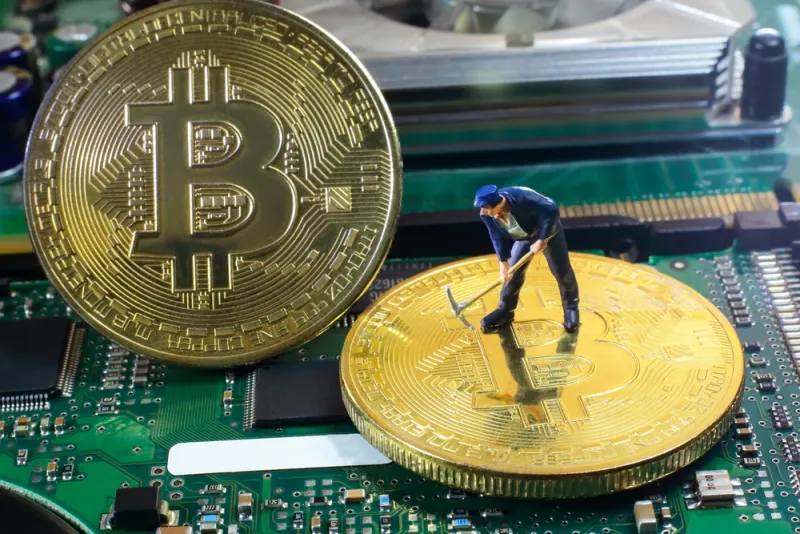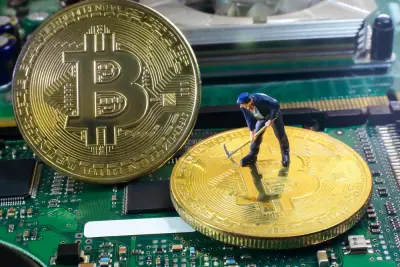The play-to-earn gaming segment is often held up as the future of gaming but up until now, few games have managed to make a lasting impact. New titles emerge, very quickly gain lots of fans, before fading rapidly as gamers lose interest when the novelty wears off and migrate to the next ‘big thing’.
However, there’s one P2E gaming platform that appears to be bucking that trend. It’s called Decentral Games, the decentralized social gaming platform that lives in the Decentraland metaverse. Since launching in 2021, it has grown its user base steadily over the months, slowly but surely cementing its status as the poster child of the emerging GameFi industry.
As one of the leading blockchain-based NFT gaming platforms, Decentral Games provides gamers with a unique opportunity to earn cryptocurrency while having fun completing daily challenges and competing against others in an array of exciting skill based games.
Decentral Games can be thought of as a virtual gaming lounge within Decentraland, one of the biggest and most popular metaverses in existence today. It’s governed by its own community through a decentralized autonomous organization structure, and its economy revolves around the Decentral Games (DG) token that serves as its native cryptocurrency.
DG is a governance token that players can earn by playing a variety of games and other challenges. As a governance token, holders of DG gain voting rights proportional to the value of coins held in their wallet, allowing them to vote on various proposals affecting the game and its protocol. Moreover, players can earn additional DG rewards by providing liquidity through a number of DeFi protocols.
The most popular game by far within Decentral Games is ICE Poker, a play & earn poker game that allows players to earn rewards by winning competitive games against others. To participate in ICE Poker, players must first acquire an exclusive ICE NFT wearable, either by purchasing one or borrowing one from another user. Once players hold an exclusive, one-of-a-kind ICE NFT, they’ll be allocated a certain amount of chips that they can bring to the table at ICE Poker and compete against some of the sharpest competitors around. Winning players are rewarded with a second token, known as ICE, which is a deflationary utility coin that can only be earned by winning ICE Poker games and completing daily challenges. ICE rewards can either be swapped for cryptocurrency or burnt by players in order to upgrade their wearable NFT.
The popularity of Ice Poker has elevated Decentral Games to become far and away the most popular destination within the Decentraland metaverse, accounting for more than 60% of its daily active user base.
While P2E games like Axie Infinity struggle to retain their user base, Decentral Games has taken some key steps to bolster engagement within its platform and increase the value of its ecosystem through a string of new alliances and updates.
Last month for instance, it announced a key new partnership with Mastercard that saw it introduce “teleporters” that take players directly to Mastercard’s own Pride Plaza within the Decentraland metaverse.
Advertising partnerships such as this are going to be key to the future of Decentral Games as they provide it with an additional revenue stream that is being used to bolster its tokenomics. Decentral Games takes the ad revenue from Mastercard and uses it to buy back ICE tokens from the open market. Those tokens are then immediately burnt. It’s an anti-inflationary mechanism that helps to boost the value of ICE, simultaneously increasing demand for the token.
Since the launch of its partnership with Mastercard, Decentral Games’ revenue has steadily increased, with the DG Treasury now holding more than $23.18 million in value. Thanks to its strong user base, Decentral Games is one of the few P2E gaming platforms that actually generates a regular (and growing) profit, which is then funneled back into its ecosystem to create further value for its users. It has created a virtuous cycle, as the profitability and popularity of Decentral Games was one of the key attractions for Mastercard in the first place.
<blockquote class="twitter-tweet"><p lang="en" dir="ltr">Revenue:<br><br>Decentral Games generated $84,140.77 in revenue last week. <a href="https://t.co/Yg6oZt1ytc">pic.twitter.com/Yg6oZt1ytc</a></p>— Decentral Games (@DecentralGames) <a href="https://twitter.com/DecentralGames/status/1558868297650561024?ref_src=twsrc%5Etfw">August 14, 2022</a></blockquote> <script async src="https://platform.twitter.com/widgets.js" charset="utf-8"></script>
Indeed, the Decentraland community itself recently recognized Decentral Games’ important role within its economy, when an overwhelming number of users voted to award it a $1 million grant to support the rollout of its new ICE-USDC liquidity pool on QuickSwap.
Decentral Games has promised that the alliance with Mastercard will be the first of many new metaverse advertising partnerships to come. Thanks to the combination of its loyal user base, its growing profitability and strong demand for its tokens, Decentral Games and its tokenomics structure has emerged as one of the most successful role models for the wider NFT gaming industry, with strong potential for rapid future growth.

 Hassan Maishera
Hassan Maishera







